Artificial Intelligence
-
Emerson Partnership Bolsters UT Expertise in Semiconductors and AI
A new partnership between industrial technology leader Emerson and The University of Texas at Austin will support advanced research into artificial intelligence, automation, energy, semiconductors and more.
-
Magnets Emulate Neurons for Next-Generation Computing
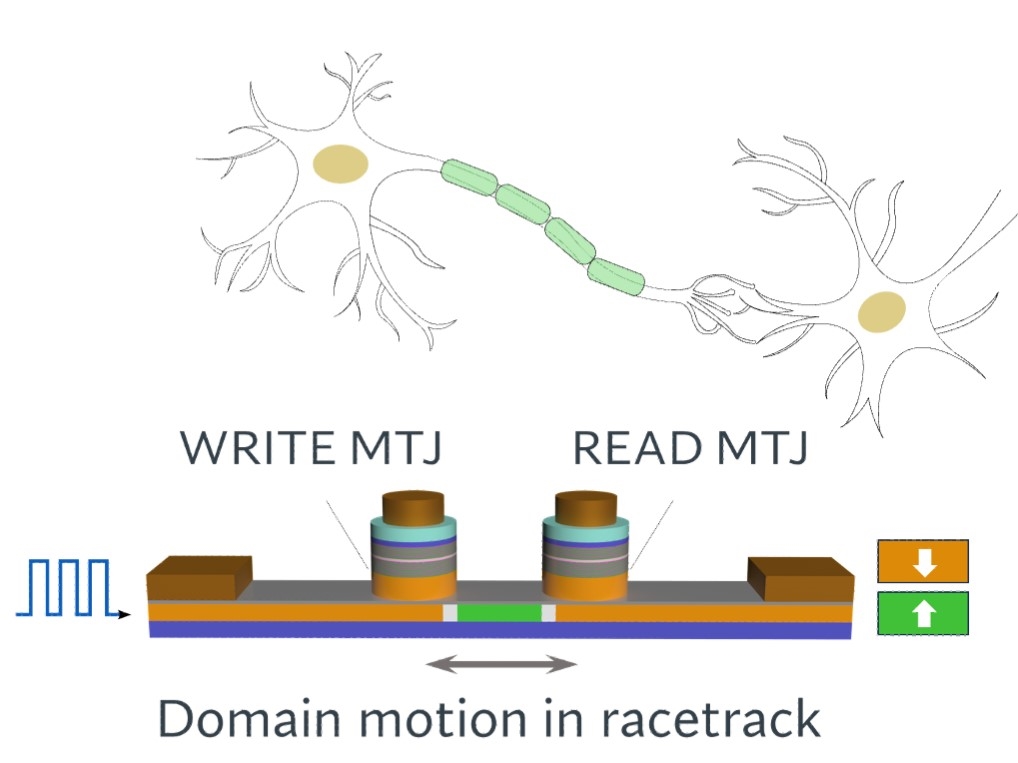
In the quest to bring the next evolution of computing to the masses — electronics that can think like the human brain — researchers from The University of Texas at Austin have achieved several key milestones.
-
Krishna Kumar’s Vision for AI Education
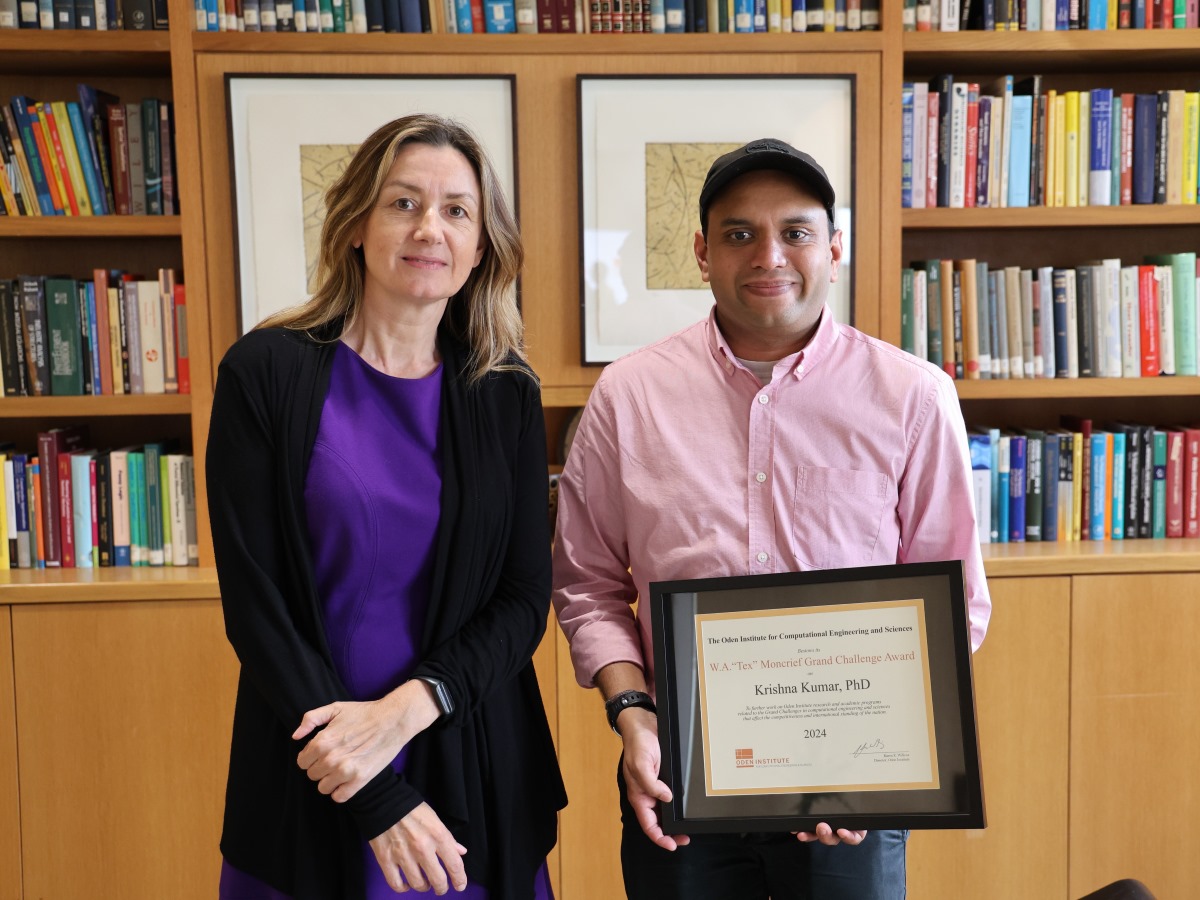
Civil engineer Krishna Kumar has developed various outreach initiatives to engage young students in learning about AI.
-
New Thermal Interface Material Could Cool Down Energy-Hungry Data Centers
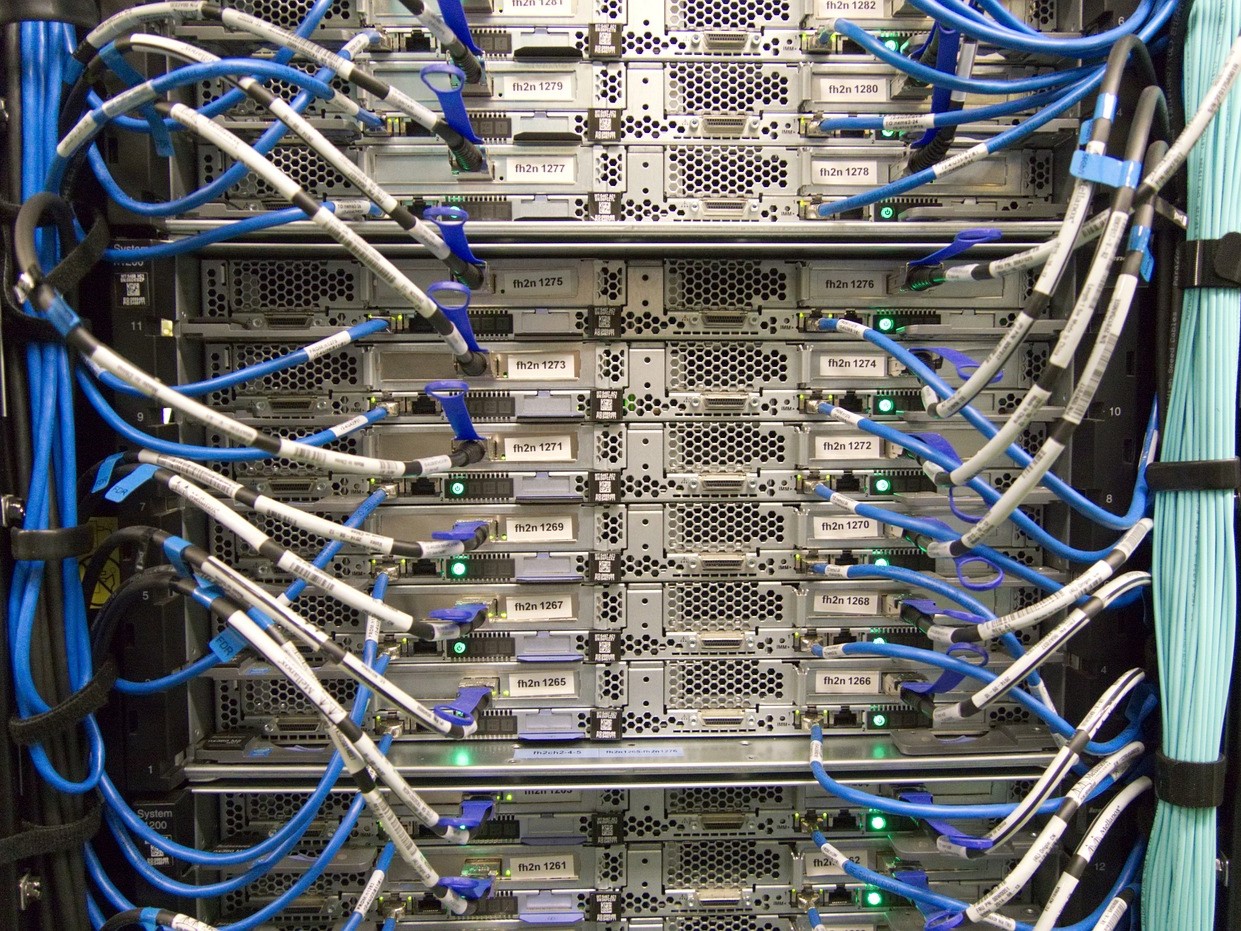
A team led by scientists and engineers at The University of Texas at Austin created a new “thermal interface material” that could organically remove heat from high-powered electronic devices, reducing or even eliminating the need for extensive cooling of data centers and other electronic devices.
-
CityLearn Challenge Gets a Boost from Climate Change AI Program
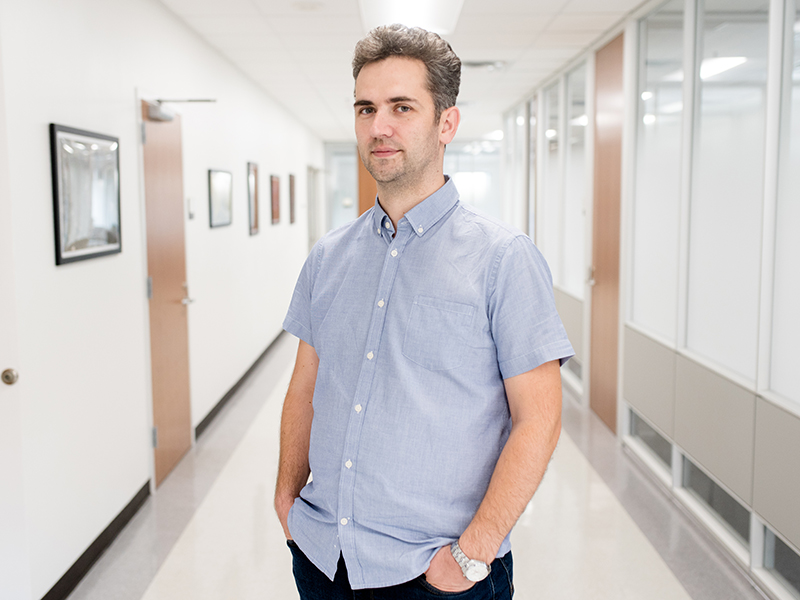
A global artificial intelligence challenge led by Texas Engineers Zoltan Nagy and Javad Mohammadi has been recognized by the Climate Change AI Innovation (CCAI) Grants program.
-
What Makes a City Smart?

The smart cities movement has gained momentum, pushed forward by political leaders, scientists, engineers and residents of cities themselves.
-
Balancing Bots
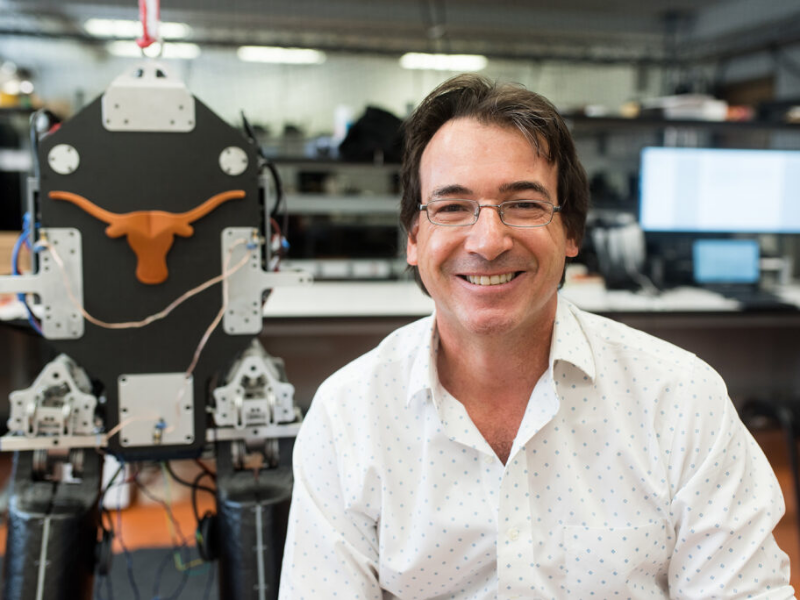
Thanks to Luis Sentis and the amazing work happening in his Human Centered Robotics Laboratory, the same type of balance and “natural” control that humans use may soon be experienced by robots.
-
Accelerating Discovery
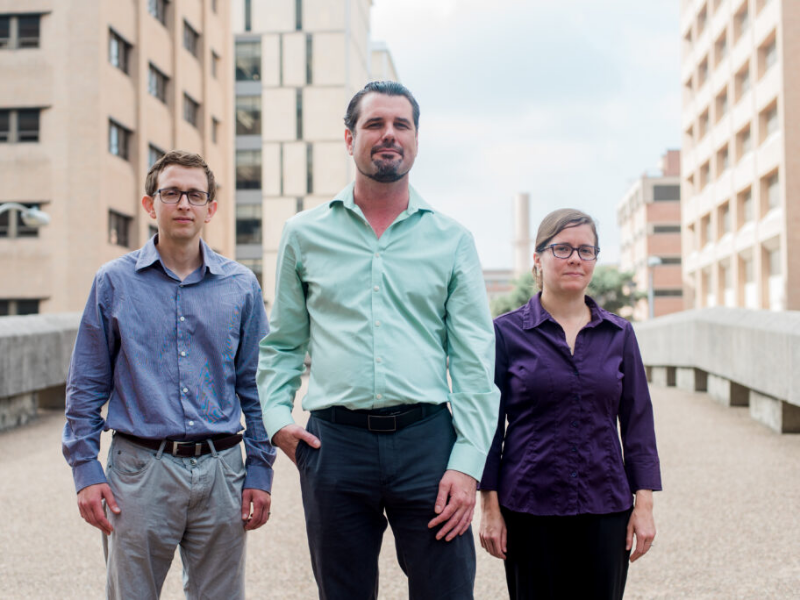
Tom Truskett and his team believe there is a better way to bring products to market sooner, and it starts with machine learning.
-
Autonomy Just Got Personal
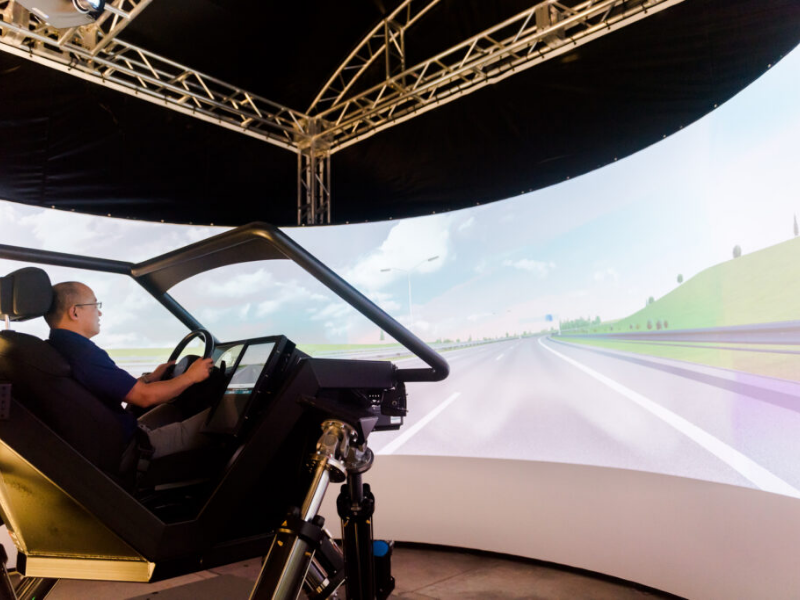
Wang, a pioneer in the integration of data, has begun analyzing driving behavior by interconnecting three different data sources — a driving simulator; a standalone engine, or powertrain; and a fully equipped autonomous vehicle prototype designed by UT researchers.
-
Where Robots Roam
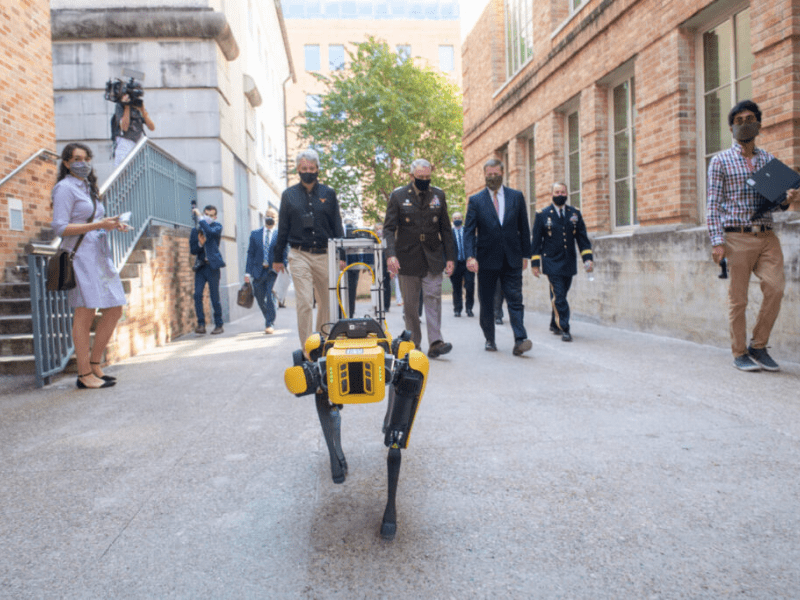
Where Longhorns once played basketball, robots now play soccer.
-
Robot SZN
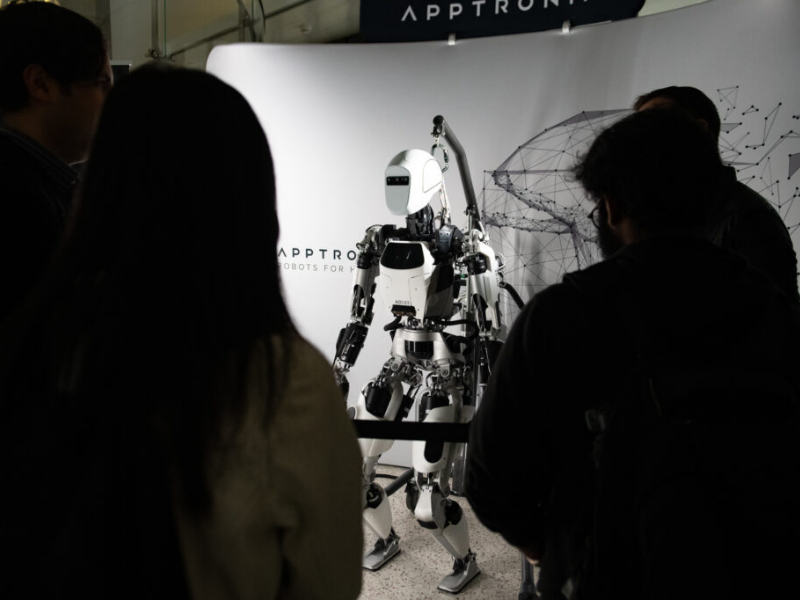
This fall, UT hosted several robotics events, with experts from around the world converging on the Forty Acres to discuss the future of the field.
-
New Advanced Quantum Science Institute Will Bridge Basic Research and Applied Science
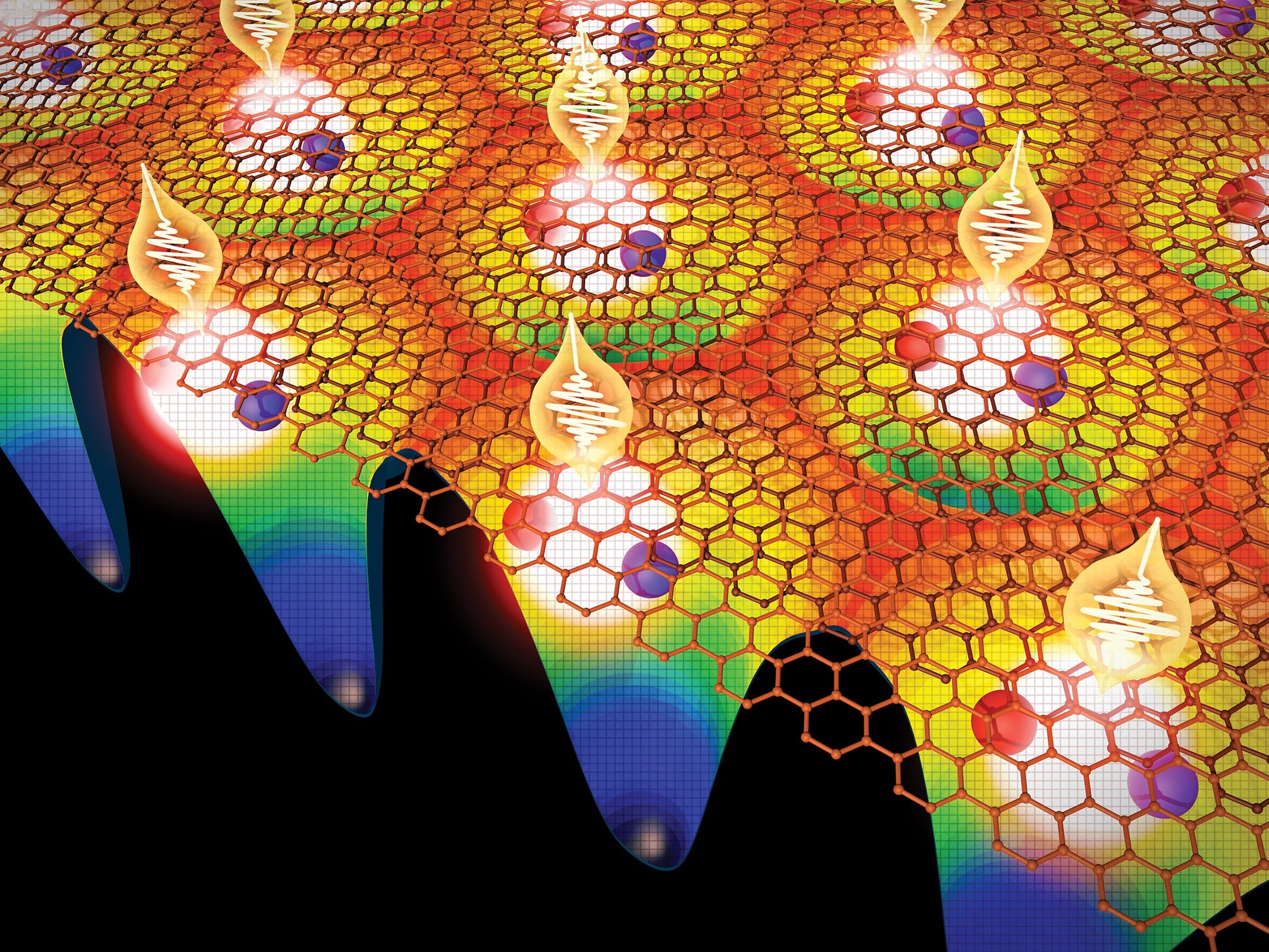
The University of Texas at Austin is boosting its commitment to research and education in quantum science and engineering by establishing the Texas Quantum Institute.
-
Guiding AI
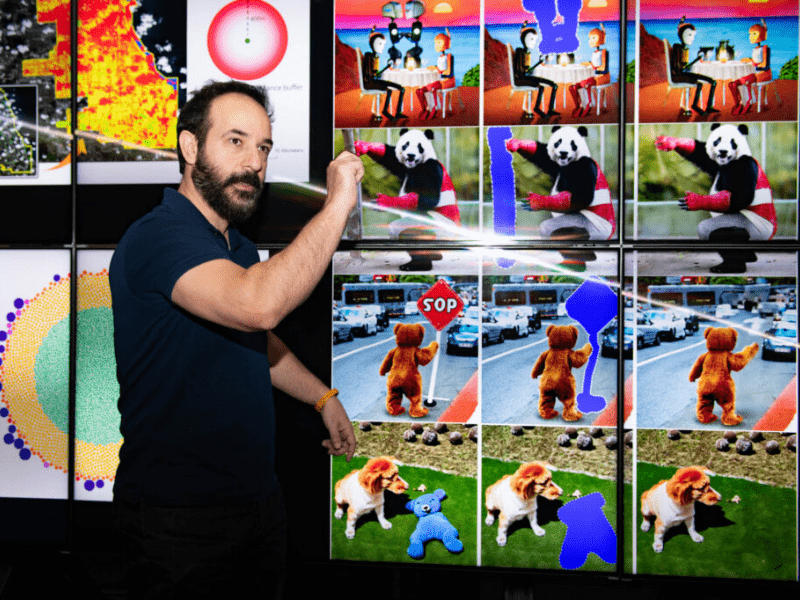
Artificial intelligence could be the defining technology of our time. Texas Engineers are hard at work refining and improving the technology, imagining new ways to deploy AI to solve important problems and putting up guardrails to protect users — and the technology itself.
-
Scientists to Study Real-World Eating Behaviors Using Wearable Sensors and AI

A new National Institutes of Health-funded project by three scientists at The University of Texas at Austin and University of Rhode Island aims to shed light on real-world eating behaviors, using AI-enabled wearable technology.
-
Machine 'Unlearning' Helps Generative AI 'Forget' Copyright-protected and Violent Content
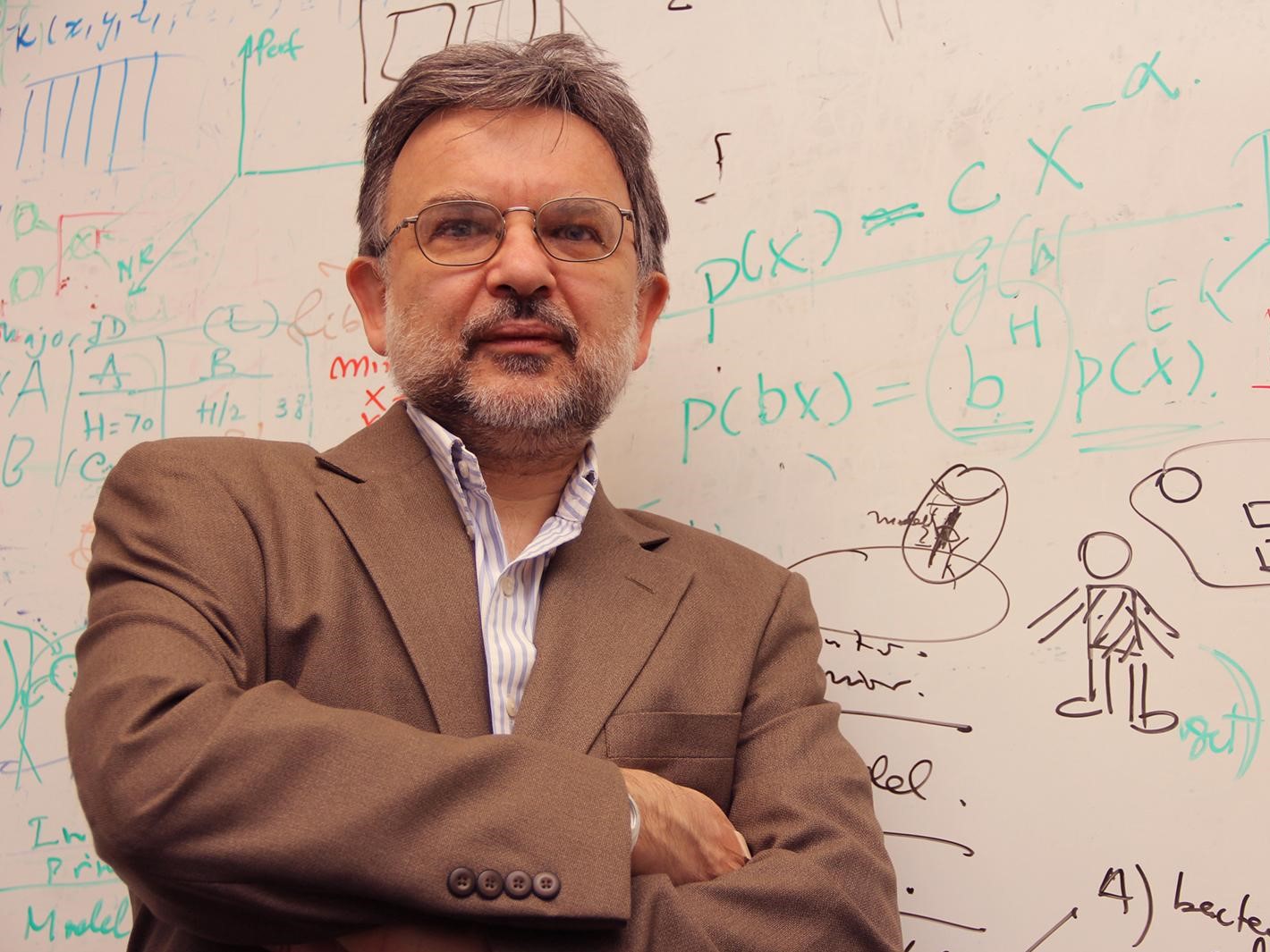
When people learn things they should not know, getting them to forget that information can be tough. This is also true of rapidly growing artificial intelligence programs that are trained to think as we do, and it has become a problem as they run into challenges based on the use of copyright-protected material and privacy issues.
To respond to this challenge, researchers at The University of Texas at Austin developed what they say is the first "machine unlearning" method applied to image-based generative AI.
-
How AI Can Bolster Power Grid's Resistance to Weather, Cyberattacks
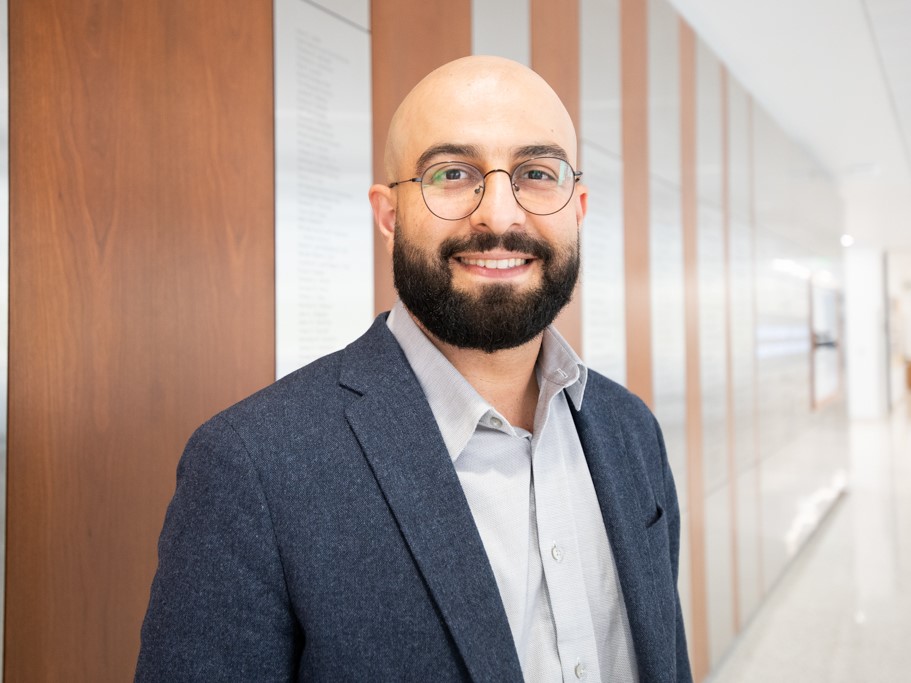
Texas Engineer Javad Mohammadi has dedicated his research to strengthening power grids, using artificial intelligence to make them more resistant to evolving threats.
-
New Texas Center Will Create Generative AI Computing Cluster Among Largest of Its Kind
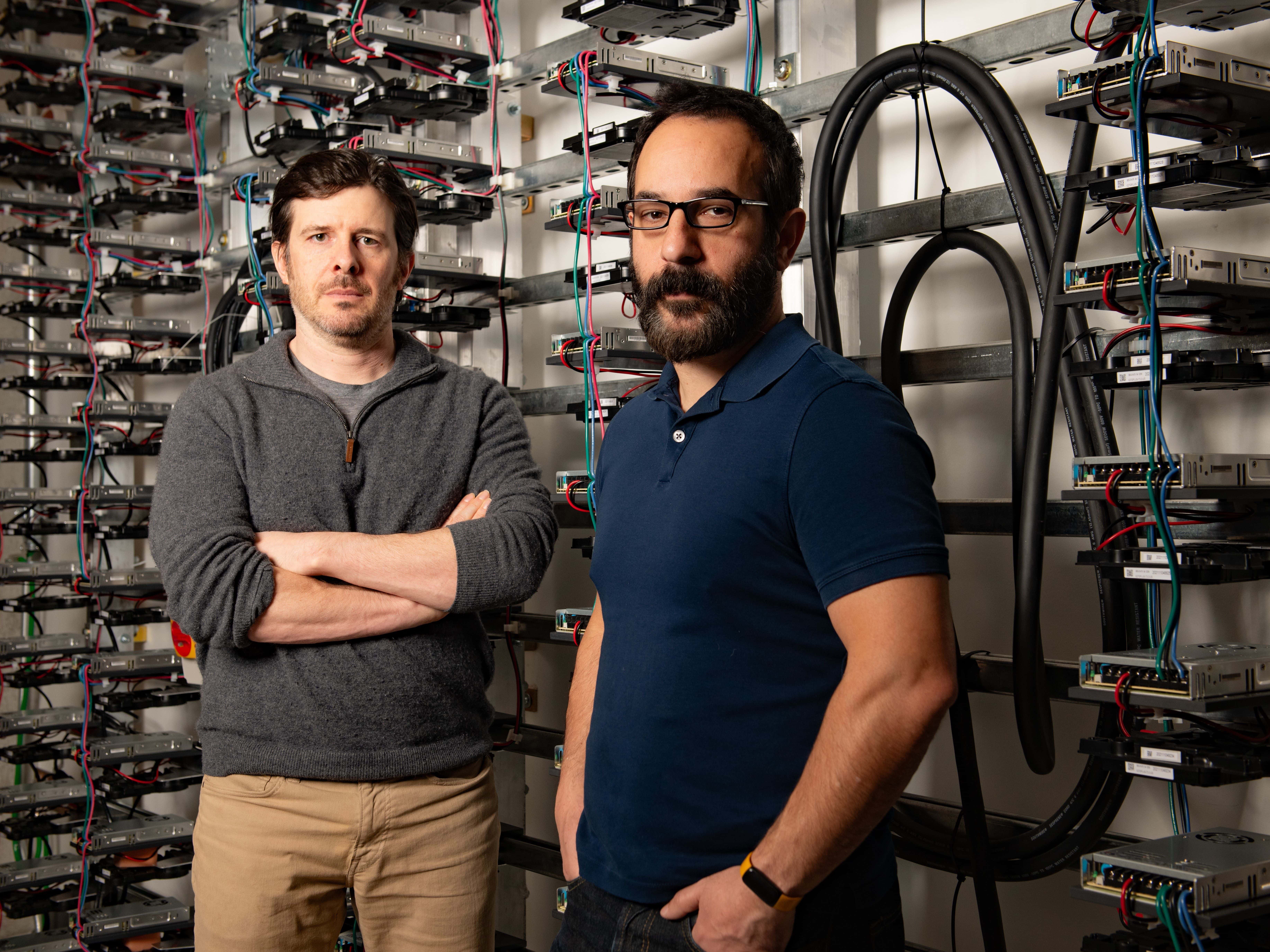
The University of Texas at Austin is creating one of the most powerful artificial intelligence hubs in the academic world to lead in research and offer world-class AI infrastructure to a wide range of partners.
-
UT Aerospace Engineer Joins AI Advisory Group
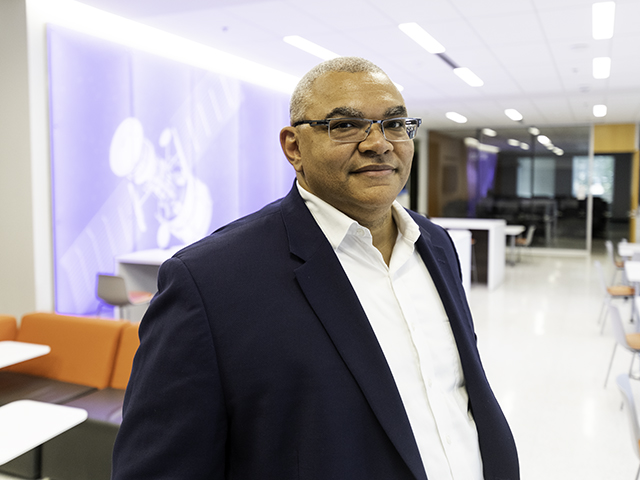
Artificial intelligence is quickly becoming embedded in many industries, and aerospace is no exception.
-
AI-Powered Civil Engineering: New NSF-backed Community Aims to Transform U.S. Infrastructure
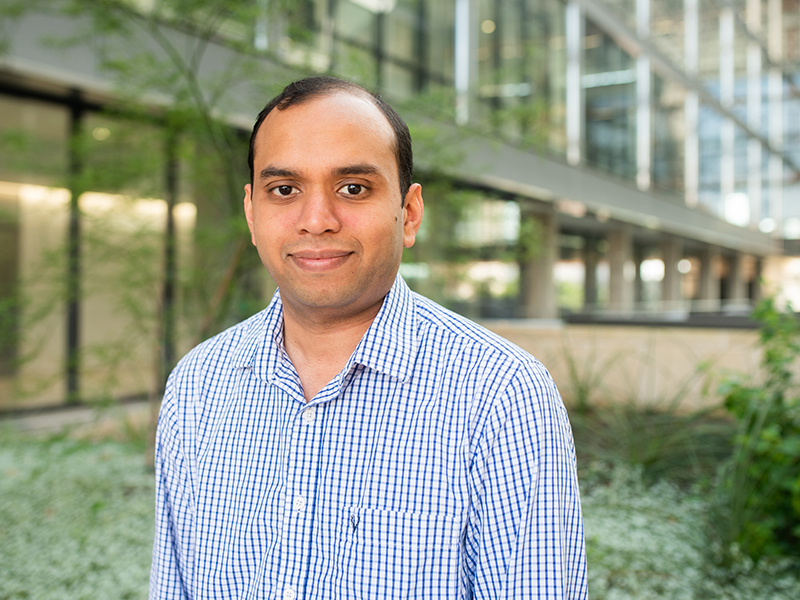
Texas Engineers are creating a new community to unite civil engineers, cyberinfrastructure professionals and experts in artificial intelligence to better understand and protect our virtual and physical infrastructure.
-
Texas Institute for Electronics and Infleqtion Launch Quantum Manufacturing Center of Excellence
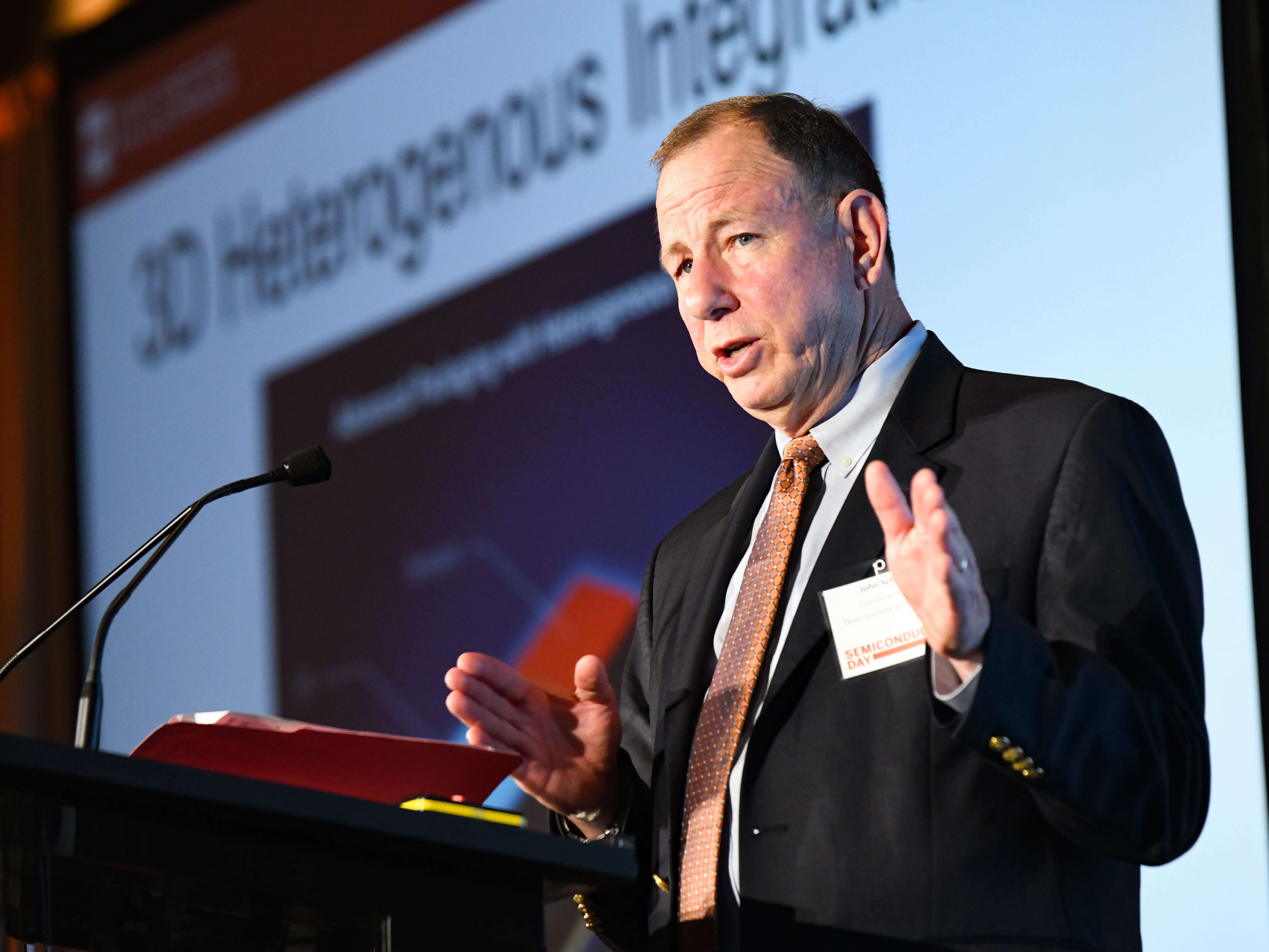
The University of Texas at Austin and Infleqtion, a global quantum technologies company, have signed a memorandum of understanding to develop a new center of excellence for quantum manufacturing. With the recent opening of its flagship corporate office in Austin, Infleqtion will work with UT’s Texas Institute for Electronics (TIE), collaborate with the University’s faculty experts in photonics and quantum technologies, and draw upon its world-class facilities to scale domestic manufacturing capacity for quantum-enabled products in areas such as energy, navigation, defense, and health care.







